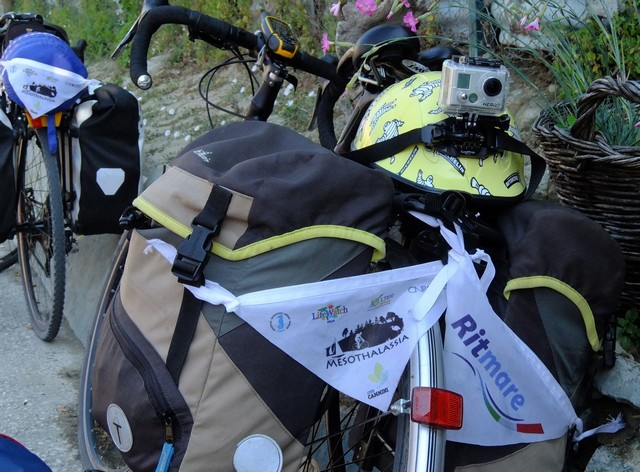Outreach
and ocean literacy

Since its establishment, ISMAR has paid special attention to the topics of scientific dissemination, communication and education, organization of activities and events to raise awareness on marine subjects, today defined by the broad term of Ocean Literacy.
ISMAR has created and developed useful materials to share with citizens methods and results of its research activities in order to help create widespread knowledge on the topics of Blue Growth and integrated management of the coastal and deep sea environment in line with the United Nations Sustainable Development Goals. Building on its multidisciplinary nature, ISMAR has activated a dense network of collaborations with educational institutions of all levels. STEM disciplines, the feminine declination of science and technology education and its dissemination, represent synergistic actions on these subjects.
ISMAR’s image towards the public, is conveyed through its institutional website, which collects and organizes the lines of research and interests of the different working groups present in its locations, offering a complete view of the activities in which it is involved.
The ability to carry out scientific research of the highest quality and specialization within the framework of international collaborations and communicate the results to a non-professional audience is one of the main objectives pursued by ISMAR.
In recent years, in conjunction with this activity of communicating to a wider and younger audience, ISMAR has also turned to the business world. In fact, thanks to the changed international situation and the increasing attention to the sea resource, a series of initiatives aimed at an increasingly close comparison and dialogue with the business world have been undertaken. To disseminate key scientific findings, the Institute also makes use of the social channels Facebook, Instagram, Twitter, LinkedIn and YouTube, which are periodically updated with news, images and videos.